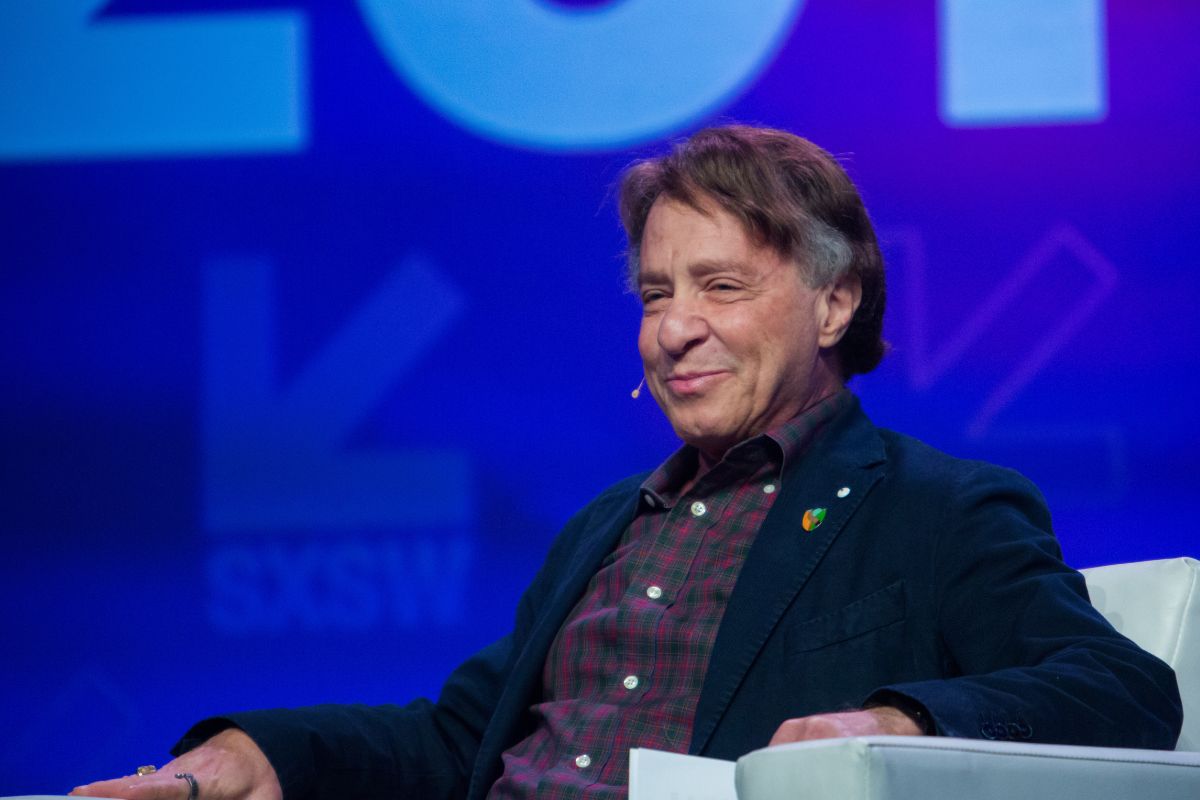Show table of content Hide table of content
What if death was no longer inevitable? Ray Kurzweil, the famous futurologist whose past predictions have often proved correct, claims that humanity is on the verge of a decisive step: immortality will be within reach by 2030. Having anticipated the rise of the Internet, the advent of smartphones and the increasing power of artificial intelligence, this visionary Google engineer foresees a future where the fusion of man and machine will enable us to surpass our biological limits. Science fiction or self-fulfilling prophecy? Let’s decipher a prediction that could revolutionize our very existence.
Ray Kurzweil: a recognized visionary
Ray Kurzweil is one of the most influential futurologists of our time. Born in 1948, this inventor, author and artificial intelligence expert has devoted his career to technological advances and their impact on humanity.
A graduate of the prestigious Massachusetts Institute of Technology (MIT), he has developed several major innovations, notably in optical character recognition and speech synthesis. His talent has earned him many distinctions, including the National Medal of Technology and Innovation, one of the highest technology awards in the United States.
Currently Chief Engineer at Google, Kurzweil is also a prolific author. His books, such as The Singularity is Near (2005) and its sequel The Singularity is Nearer (due out in 2025), explore technological advances and their potential to transform our future.
What lends him particular credibility is the accuracy of some of his past predictions. He anticipated the democratization of the Internet, the miniaturization of computers, the rise of artificial intelligence and even the victory of a computer over a world chess champion (a prediction made in 1997 with Deep Blue against Garry Kasparov).
A bold prediction: immortality by 2030
According to Ray Kurzweil, humanity could achieve a form of immortality as early as 2030. This concept is based on the notion of a technological singularity, a moment when advances in artificial intelligence, biotechnology and nanotechnology converge to surpass human biological limits.
His reasoning is based on several axes:
- Lifespan extension through technology: he argues that we are approaching the escape rate of longevity, i.e. a point where, for every year that passes, medical advances will add more than a year to our life expectancy.
- Human-machine integration: in his view, neural implants and direct interface between the brain and AI will enhance our cognitive abilities and save our memories and consciousness on digital media, creating a kind of “digital immortality”.
- Gene editing and regenerative medicine: with the development of gene therapies and stem cells, age-related diseases could be eradicated or even reversed.
While these ideas may seem futuristic, they are based on real scientific trends. Companies like Neuralink (founded by Elon Musk) are already working on brain-machine interfaces, while biotech researchers are exploring ways of slowing down, or even reversing, aging.
Immortality: a revolution with far-reaching implications
The idea of an immortal humanity raises crucial questions, from a demographic, ethical and economic point of view.
- Demographics and resources: a population where no one dies naturally would pose major challenges in terms of natural resource management and overpopulation. How can we feed and house billions of people if mortality drops drastically?
- Ethics and human identity: the possibility of downloading one’s consciousness into a digital medium calls into question our definition of life and humanity. Is an individual stored as data still human? Can we really speak of immortality if it’s just a digital copy of ourselves?
- Economic inequalities: these technological advances risk being accessible only to the wealthiest, widening the gap between those who could extend their lives indefinitely and those who would be left behind.
- Societal and professional impact: if man becomes immortal, the model of work and retirement would be totally overturned. How can we organize a society where no-one ever leaves their job?
Ray Kurzweil is a visionary whose predictions have often been validated by history. However, the idea of human immortality by 2030 remains highly speculative. While technological advances are bringing us closer to this possibility, the challenges it raises are immense and require global reflection. Immortality, if it ever becomes a reality, will redefine not only our relationship with life and death, but also the very organization of our societies.


